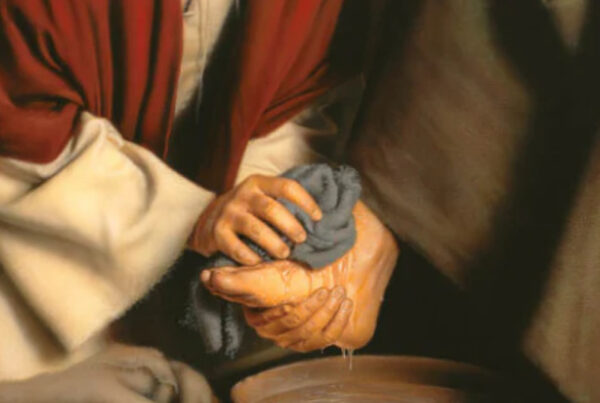Book of Hosea
Chapter 8
The charge against the Northern Kingdom’s political leaders continues into today’s reading. Because of verse two, it would seem that some people had caught wind of what God was trying to communicate through His prophet Hosea. It is as if they were saying, “What?! Yes, we are. We are too acknowledging You.” It rings of the response of a child. We can imagine the never-ending argument among children: “Are not.” “Am, too.” “Are not.” “Am, too.” Ad infinitum. Thankfully, that is not how God responded.
In Chapter Eight, the people thought they were humming along swimmingly. However, God clearly made a case for the exact opposite. We discover that the Lord saw they had “rejected what was good” (3) and, therefore, were not at all acknowledging Him. What does that mean “to reject what is good”? One part included their neglect of prayer. They were making very important leadership decisions – such as setting up kings and leaders (4)- without bringing these decisions before God, without asking Him for guidance, without looking for His wisdom. Plus, you may recall from Chapters Two and Three how the people had muddled worshiping God with worshiping other gods, celebrating the Sabbath but also the New Moon, using ephods and idols, and more (2:11, 3:4). Here, in this chapter, we again see that they were continuing to make themselves idols: “This calf – a craftsman has made it; It is not God.” (6)
These two basic aspects of “rejecting good” are underscored by the numerous images and references to something God had done for them in the past, but they had either completely forgotten or utterly disregarded. The first allusion is to the gold and silver they used to make themselves an idol, but it was not just any idol; it was a calf, a calf that would lead to their destruction (4-6). Hadn’t they learned this lesson a long, long time ago?
God’s message had already warned them of the dangers of allying themselves with Assyria. They would not listen, and, as such, He would allow their powerful neighbor to overrun them. In this chapter, we read: “For they have gone up to Assyria like a wild donkey wandering alone.” (9) In case they were not understanding these images, the Lord finally warned explicitly: “…They will return to Egypt” (13), in other words, to slavery.
Throughout their history, the Israelites usually referred to God as “The Lord Almighty who led us out of Egypt…” It was a moniker that would, hopefully, always cause them to remember what God had done for them in the past. Alas, they forgot. They forgot that He had delivered them from centuries of slavery in Egypt. They forgot that they did NOT have to wander alone in the desert. They forgot that He was with them providing guidance and food. They forgot that making a calf-idol led to the destruction of many. They forgot that even though they had made themselves that idol, His plan was not thwarted, and their children entered the homeland He had promised to them.
Indeed, they no longer acknowledged Him. God did not mean empty words – “Oh, yes, we are!” – or even empty deeds – “They offer sacrifices given to me and they eat the meat, but the Lord is not pleased with them…” (13) He meant what was in their hearts and how they lived their lives. Where was honest, heartfelt prayer? Where was authentic seeking for guidance from Him? Why did they not turn first to God in the important decisions of their lives? Why did they worship others? They had broken their deep covenantal relationship with Him (1). This caused Him pain and would lead to destructive consequences for them.
Key Verse(s):
“Israel cries out to me, ‘O our God, we acknowledge you!’ But Israel has rejected what is good; an enemy will pursue him.” ~ Hosea 8:3
Questions to ponder:
- Elsewhere in the Bible, what important things has God done for people in the past?
- What important things has God done in your own life and in the lives of those close to you? How can you remember these always?


